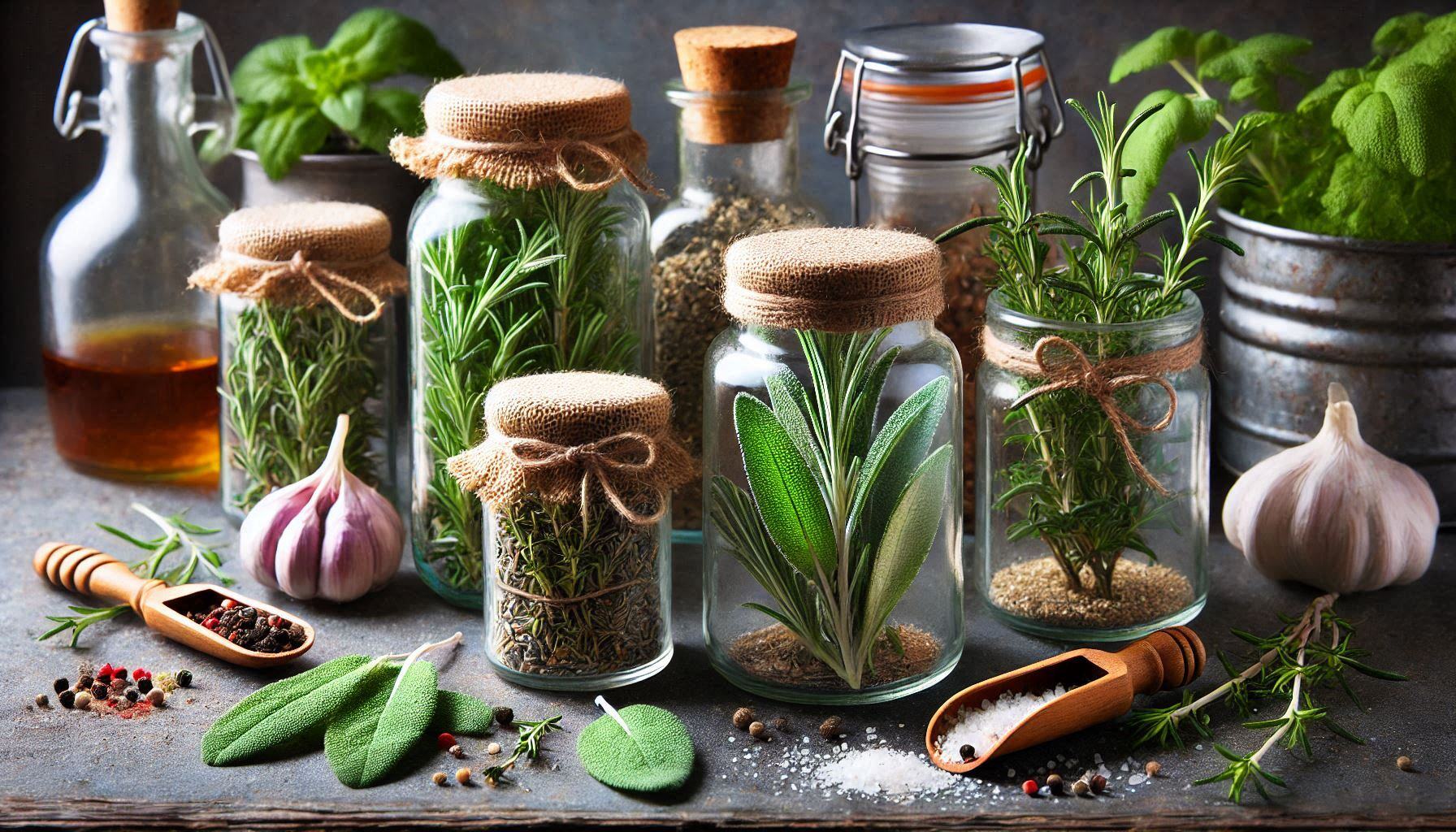Testimonials
See what people are saying
Spices Coffee Travel & Wine is a treasure trove of fascinating information! I've always been a coffee enthusiast, but their insights into different coffee blends from around the world have taken my appreciation to a whole new level. The articles are engaging and informative, making it my go-to site for my daily dose of coffee culture.
As a frequent traveler and wine lover, I am thrilled to have discovered Spices Coffee Travel & Wine. Their travel tips are spot on, and I love how they seamlessly integrate wine recommendations with travel destinations. It's like having a personal guide that makes every trip and wine selection extraordinary. Highly recommend this site to anyone who shares a passion for exploring new flavors and places.
Spices Coffee Travel & Wine has become my favorite online destination for discovering new spices and recipes. Their articles are not only informative but also inspire me to experiment with flavors I never would have considered before. The combination of travel and culinary insights makes this site a must-visit for anyone wanting to broaden their culinary horizons.

Savory and Umami Spices: Rosemary, Thyme, and Sage

Rosemary People have used rosemary for thousands of years in the Mediterranean region. Rosemary is an aromatic herb that is native to Greece, Italy, Spain, and Morocco. This herb can thrive even in poor, dry, rocky soils. In the dry soils of the Mediterranean coast, plants get most moisture from dew that their leaves absorb. The Greeks and Romans used rosemary for its medicinal properties. They also believed that the herb could improve memory. It was also a symbol of fidelity.
Uses: You can use rosemary in cooking, such as in roasting, grilling, and sautéing. Rosemary has a unique aromatic flavor that adds depth to turkey and other meats.
Savory Dishes: Chefs use rosemary in a variety of dishes. Examples are savory rosemary-infused bread and focaccia. Also, cooks use rosemary in stews and in breads, like focaccia and rosemary rolls.
Health Benefits: Rosemary is high in antioxidants. They protect your body from free radicals. There are anti-inflammatory properties in rosemary that may reduce inflammation in the body. Also, as ancient societies discovered, rosemary may improve memory and concentration.

Thyme is the dried leaf from the Thymus vulgaris shrub. The ancient Egyptians, Greeks, and Romans used thyme to treat many ailments. Egyptians used thyme in embalming. The Greeks used it for incense in temples. Thyme's name comes from the Greek word thumus, or courage. In medieval Europe, people thought that thyme gave knights courage. So, they often took it before battle. It was also used to ward off evil spirits. Thyme is still used for its medicinal properties today. Research shows it may have health benefits.
Uses: Thyme is usually used in cooking to add a unique earthy flavor to dishes. It is also used in Mediterranean and French cuisines. It's in marinades, stews, soups, sauces, roasted lamb, and grilled vegetables.
Savory Dishes: Chefs use thyme to add depth to soups, stews, stocks, as well as grilled and roasted meats. Thyme goes well with many vegetables in roasted or sautéed dishes. These include tomatoes, onions, eggplant, capsicum, garlic, and olives.
Health Benefits: Thyme has antimicrobial properties that can fight infections. You can use it to aid digestion. You can use thyme to fight infections in the respiratory system. People use it to relieve issues such as coughs and bronchitis.

Sage or 'Salvia' means “good health," “to save," or “salvation”. People have long recognized sage for its medicinal properties. The Romans used it for aiding in the digestion of fatty foods and meats, and in the preservation of meat. In medieval Europe, people believed that sage had healing properties. People used it for maladies like fevers, liver disease, and epilepsy. They believed sage enhanced memory. This is what caused the word “sage” to become a term for 'wise man'.
Uses: The nutritional benefits of sage make it a perfect herb to include in all kinds of cooking. But beyond seasoning, people use it for its medicinal uses. Sage essential oil is useful in aromatherapy.
Savory Dishes: Sage provides depth and warmth to your meals. It is a good addition to meats, stews, and roasted veggies. Chefs use it in pasta dishes, such as in a sage and brown butter sauce for gnocchi. Sage is popular in poultry stuffing on Thanksgiving and other festive meals.
Health Benefits: Sage is rich in antioxidants. So, it may protect the body from oxidative stress. It has anti-inflammatory properties that help reduce inflammation and pain. People believe that sage improves memory. So, it is good for brain health and cognitive function.
